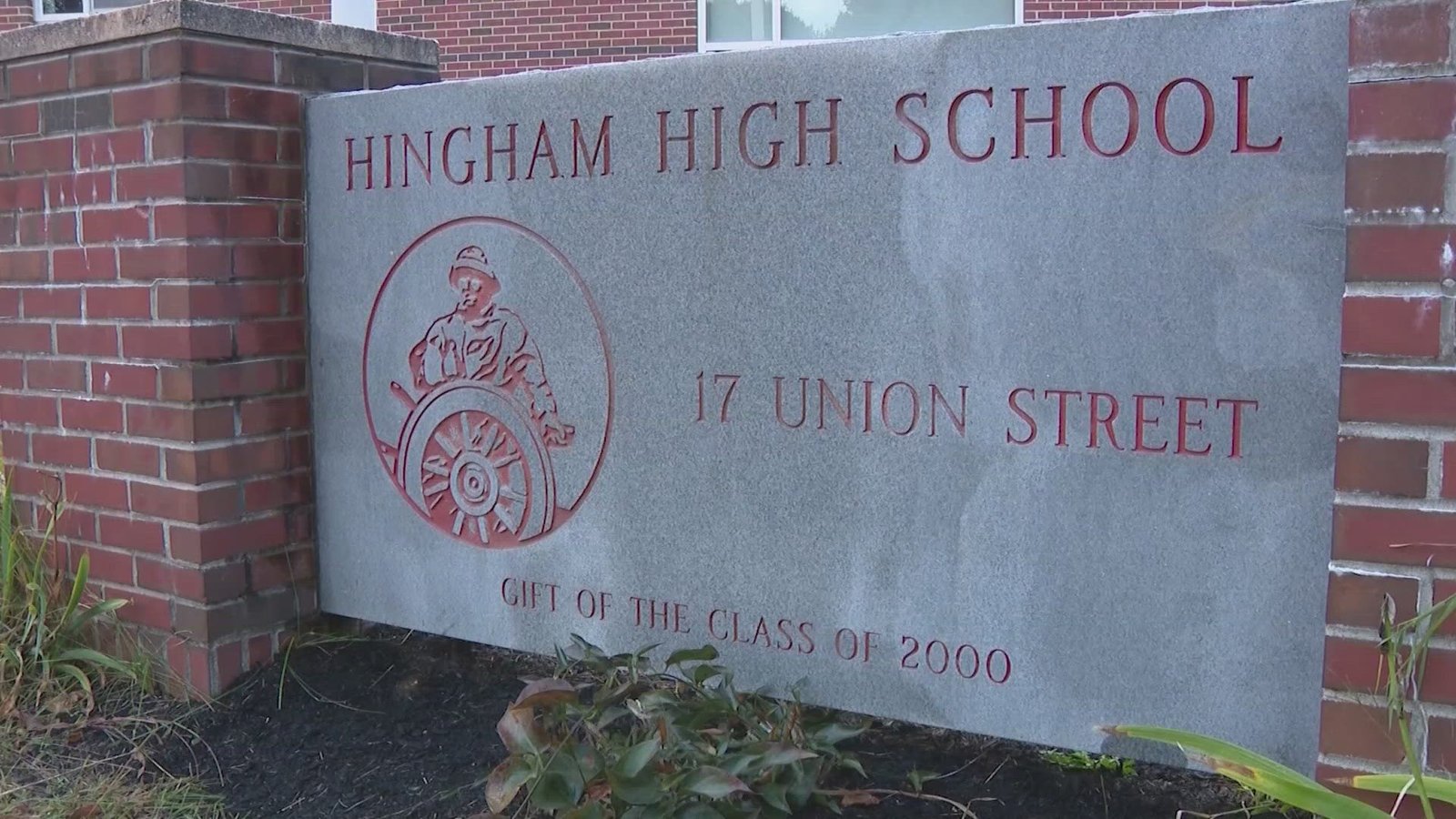

Hingham High School AI Lawsuit Explained: What It Means for Students and Schools
The Hingham High School AI lawsuit has grabbed attention, sparking debates about fairness, academic integrity, and the role of artificial intelligence in education.
This isn’t just another school story.
It’s about how technology is reshaping learning and the challenges schools face in keeping up.
If you’re wondering what happened and why it matters, let’s break it all down.
What Triggered the Lawsuit?
In late 2023, a Hingham High School student was working on a history project with a classmate.
Their topic? Kareem Abdul-Jabbar’s activism during the civil rights movement.
They used AI tools, like ChatGPT, to organize their research and structure their ideas.
It wasn’t about cheating—it was about being efficient and using modern tools.
But their teacher disagreed.
When the use of AI was discovered, the students were accused of academic dishonesty.
The punishment was severe:
- A failing grade on the original submission.
- A “D” on the revised project.
- Saturday detention.
- Removal from the National Honor Society.
For the students and their families, this wasn’t just harsh—it was confusing.
How could they be punished for something that wasn’t clearly against the rules?
Why the Parents Took Legal Action
The student’s parents felt the punishment was unfair and decided to file a lawsuit against Hingham Public Schools.
Their argument was straightforward:
The school had no clear policies on AI use when the project was completed.
Without specific guidelines, how could the students have known they were breaking any rules?
The lawsuit demanded:
- Restoration of the original grade.
- Removal of all disciplinary actions from the student’s record.
- The creation of clear, fair policies on AI usage in schoolwork.
You can read more details from NBCBoston.
Why This Lawsuit Matters Beyond One School
The Hingham High School AI lawsuit isn’t just a local issue.
It’s a sign of how unprepared many schools are for the rise of AI in education.
Here’s why this case is so significant:
- Lack of Clear Guidelines
At the time, Hingham High’s handbook didn’t mention AI.The lack of rules created confusion for students and teachers alike. - Changing Definitions of Cheating
Tools like ChatGPT blur the lines between help and dishonesty. - Setting a National Precedent
This case could influence how schools nationwide handle AI in the classroom.
Educators and policymakers are watching closely to see how this plays out.
What’s Happening with the Case Now?
In October 2024, a hearing was held to determine whether the punishment should be paused while the lawsuit continues.
The court hasn’t made a final decision yet.
This legal battle is ongoing, leaving students, parents, and educators in a state of uncertainty.
For updates, visit Hingham Anchor.
What Schools Can Learn from This
The Hingham High School AI lawsuit has made one thing clear: schools need to address AI tools proactively.
Here are a few steps schools can take to avoid similar issues:
- Develop Clear AI Policies
Define what’s acceptable and what isn’t when it comes to using AI in academic work. - Train Teachers and Students
Help everyone understand the ethical use of AI tools. - Encourage Transparency
Require students to disclose when they use AI and explain how it contributed to their work. - Adapt Quickly
As technology evolves, schools need to update their policies to keep up.
This isn’t just about avoiding lawsuits—it’s about creating a fair and balanced learning environment.
FAQs About the Hingham High School AI Lawsuit
1. Was using AI really cheating?
It’s debatable. The school didn’t have clear rules at the time, so the situation is a gray area.
2. Why did the parents file a lawsuit?
They argued that the punishment was unfair because there were no policies on AI use when the project was done.
3. Are other schools dealing with similar issues?
Yes, many schools are now trying to figure out how to handle AI in education.
4. What do experts recommend for schools?
Creating clear guidelines, training educators, and encouraging transparency are key steps.
5. Where can I find updates on this case?
Check reliable sources like NBCBoston and Hingham Anchor.
Why the Hingham High School AI Lawsuit Is a Game-Changer
This lawsuit is about more than just one student or one school.
It’s a sign that education systems need to evolve to address the challenges and opportunities of AI.
The outcome of this case could shape how schools across the country approach technology in the classroom.
It’s a reminder that when rules aren’t clear, everyone—students, parents, and educators—loses.
The Hingham High School AI lawsuit is a call to action, and it’s not one that schools can afford to ignore.







